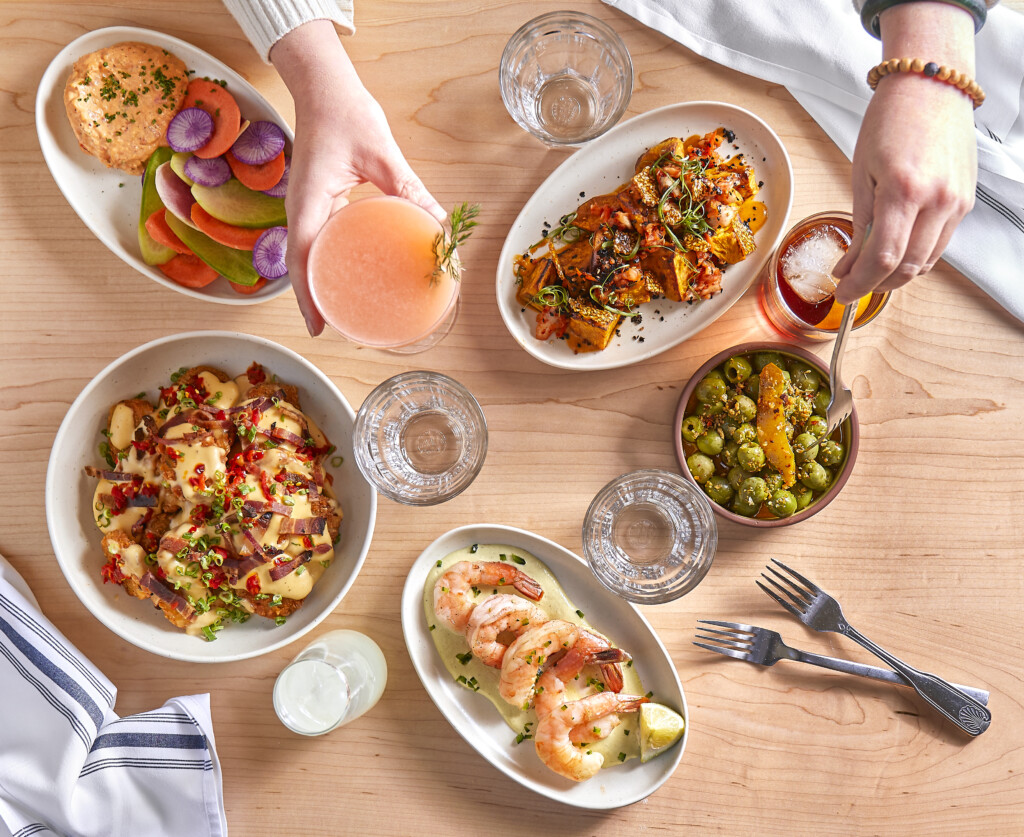The Way Things Used to Be: Tales From Our Elders
Eight resilient Rhode Islanders, between the ages of eighty-three and 108, reflect on what brought them to little Rhody, their own pasts and the way things were.
Nita Leach, ninety-six, Warwick
As told to Jamie Coelho
I grew up in Johnston on Greenville Avenue. I went to a one-room schoolhouse. There was no running water in it, and we had to go to the teacher’s house and get coal and bring it back to the school to keep warm. There were outhouses; one for the girls, one for the boys. At lunchtime, we could take our lunch and go down the hill in the back of the school, where there was a stone bridge over the stream. We’d sit on the bridge eating our lunch, dangling our feet in the water. I went there from grade one to eight. It’s still there, but it’s a historical spot now.
I worked for the phone company from age eighteen on. It was in Olneyville, and then when we moved to Cranston, they asked me if I would like to go to Quonset to work. I said, are you kidding? That was World War II. Quonset was loaded with absolutely gorgeous Navy pilots and Hillsgrove was loaded with the Army, and Providence was a town where they all went for entertainment. So I said yes, I would like to work in Quonset.
My sister worked in a dress shop across from the Shepard Tea Room. The owner of the dress shop was Eddie Matthews. One night, I went to meet my sister, and I took my best friend with me. The shop closed at five o’clock. Everything closed at five in those days. Eddie said, “Do you girls want to go to the Bacchante Room at the Biltmore? I’ll buy you a glass of wine.” I wasn’t allowed to drink alcohol, but we said, yes, we would go.
The cocktail waitresses were something special. They had costumes that were like a bathing suit with a great big sheer skirt over the top, and you could see right through it. When we got to the Bacchante Room, at the next table, there were three young Navy pilots, and one of them wrote a note and put it in front of me, and it said, “Would you care to go to the Officer’s Club with us at the Crowne Hotel?”
It was just a matter of getting away from Eddie at that point. We said, yes, we would like to go. On the way out the door, thirty minutes after we met them, one of them said to me, “I am going to marry you, and we’re going to live together for fifty years.” That was my husband [Walter Fields Leach].
We went to the Officer’s Club and had a pleasant evening, then my sister and I got on the bus to go back to Greenville Avenue. On the way home, I said to her, “He’s got to be crazy. He doesn’t know me. He proposed marriage thirty minutes after we met!” She said, “If you don’t like him, I do.” I said, “Oh no you don’t.”
He was at Quonset, and in two weeks, he’d be shipped out to the Philippines. In that two weeks, he wanted to see Rhode Island. We went to Newport and did the tourist thing. Then they sent him to Virginia, and just before he shipped out, he asked me if I would come down there and say goodbye to him. I said, yes, I would. He lined up two rooms at the Fairmont Hotel, and when I arrived, he said, “There will be no sex. I could get you pregnant, then go away and get killed.” I thought, I am going to marry this responsible, decent guy if I possibly can.
He didn’t know if he’d ever see me or anyone else, or ever come back. A lot of people would just take advantage in a situation like that. He bought a little ring for me in the first two weeks after we met.
He was shipped out to the Philippines. I think he was out there for a year and a half and he had plenty of time to change his mind. He won a distinguished flying award for bravery, and then he came back and we were married in Oakland, California. It was just him and me and the minister, and his best friend and his best friend’s wife. We had a little dinner at the Officer’s Club in Oakland and that was it.
I still always wear heels. These are not the highest. You wear them all your life, you are more comfortable in them than you are in flats.

























